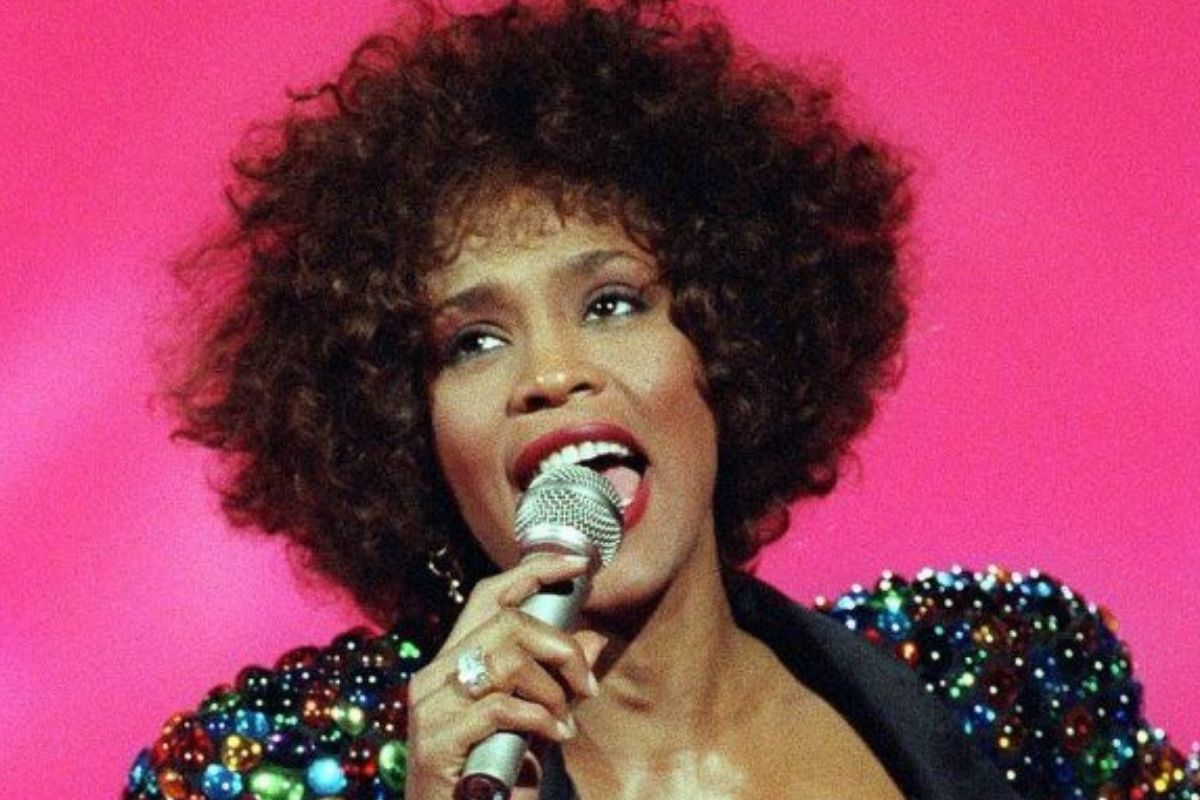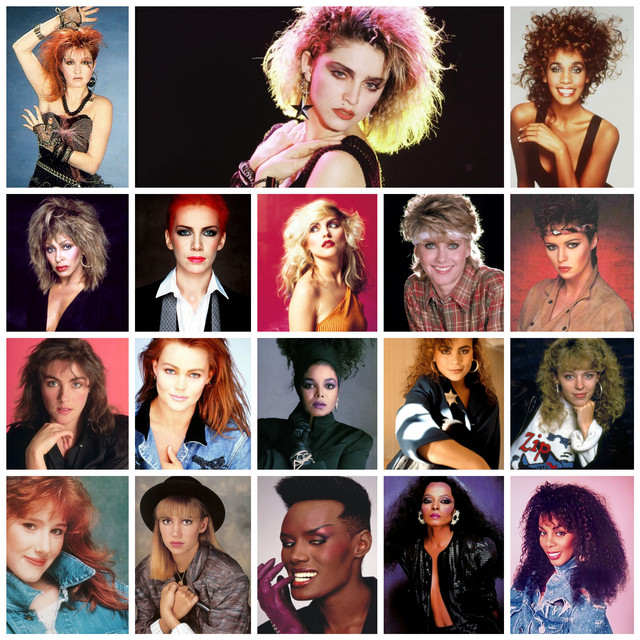The 1980s: an era of bold fashion choices, groundbreaking music videos, and the rise of synthesizer-driven pop. But amidst the neon lights and shoulder pads, a group of powerful voices emerged, redefining the soundscape and challenging the norms of the music industry. Black female singers of the 80s weren't just creating music; they were crafting anthems of empowerment, love, heartbreak, and social consciousness that continue to resonate with audiences today.
These artists weren't simply inheriting a legacy; they were building upon the foundations laid by their predecessors, infusing soul, funk, and R&B with the innovative sounds of the decade. From the dance-floor anthems of Donna Summer and Gloria Gaynor to the introspective lyrics of Tracy Chapman and the soulful vocals of Anita Baker, Black female singers of the 80s offered a diverse range of styles, defying easy categorization and leaving an indelible mark on popular music.
This wasn't without its challenges. The music industry, still grappling with racial and gender inequalities, often presented obstacles for these artists. Limited radio play, typecasting, and pressure to conform to mainstream beauty standards were just some of the hurdles they had to overcome. Yet, they persevered, using their platforms to address social injustices, celebrate Black identity, and inspire generations to come.
Their impact can be felt far beyond the 1980s. Artists like Whitney Houston achieved unprecedented global stardom, becoming one of the best-selling music artists of all time. Janet Jackson shattered barriers with her groundbreaking albums and electrifying performances, paving the way for future generations of pop icons. The influence of these pioneers is evident in the music of contemporary artists like Beyoncé, Rihanna, and Lizzo, who continue to break boundaries and redefine what it means to be a Black woman in the music industry.
To understand the music of the 1980s, one must understand the impact of Black female singers. They didn't just contribute to the soundtrack of a decade; they helped shape the very fabric of popular music, leaving behind a legacy of innovation, empowerment, and timeless artistry.
Advantages and Disadvantages Faced by Black Female Singers in the 80s
| Advantages | Disadvantages |
|---|---|
| Emergence of new platforms like MTV provided wider exposure. | Limited radio play and support compared to white counterparts. |
| Growing popularity of music videos allowed for greater artistic expression. | Facing racial prejudice and stereotypes within the industry. |
| A surge in female empowerment movements created a supportive audience for their messages. | Pressure to conform to Eurocentric beauty standards. |
Common Questions About Black Female Singers of the 80s
1. Who are some of the most influential Black female singers of the 80s? This is a long list, but some key names include Whitney Houston, Janet Jackson, Tina Turner, Donna Summer, Chaka Khan, Diana Ross, Anita Baker, and Stephanie Mills.
2. What genres did they represent? They spanned numerous genres, including pop, R&B, soul, funk, dance, and even early hip-hop.
3. How did they impact the music industry? They broadened definitions of beauty and femininity, tackled social issues in their music, and paved the way for greater representation in the industry.
4. Where can I learn more about these artists? Streaming services, music documentaries, and biographical books are great resources.
5. Are there any modern artists who were influenced by them? Absolutely! Artists like Beyoncé, Rihanna, Mariah Carey, and Alicia Keys have all cited 80s Black female singers as inspirations.
6. Did they face specific challenges as Black women in the industry? Yes, they often faced discrimination, limited opportunities, and pressure to conform to white standards of beauty and performance.
7. What were some of the key themes in their music? Love, relationships, empowerment, self-love, social commentary, and the Black experience were frequent themes.
8. Why is it important to remember and celebrate these artists? Their music continues to inspire, their stories highlight resilience, and their legacy reminds us of the importance of diversity and representation in the arts.
The music of Black female singers from the 1980s wasn't just about catchy melodies or impressive vocal ranges; it was about breaking down barriers, amplifying marginalized voices, and redefining the possibilities of popular music. By exploring their music, we gain a deeper appreciation for their artistry, their struggles, and their enduring impact on the music we listen to today. Take a moment to revisit the powerful voices and groundbreaking music of these incredible artists – you won't be disappointed.
Cantores Música Negra Americana Anos 80 - The Brass Coq
16 Best Black Singers From The 80s - The Brass Coq
80s Women 80s Female Singers - The Brass Coq
Black Female Artists Of The 80S - The Brass Coq
black female singers from 80s - The Brass Coq
Best Black Male Singers of the 80s - The Brass Coq
Where Are They Now? Black Female Performers From The '80s - The Brass Coq
Black Female Singers From 90s - The Brass Coq
Female R&B singers of the '90s - The Brass Coq
Where Are They Now? Black Female Performers From The '80s - The Brass Coq
Top 10 Iconic Female Singers of the '80s - The Brass Coq
Black Music Month: 20 Prettiest Singers of the '80s - The Brass Coq
100 Best Female Pop Singers of the - The Brass Coq
Black Female Vocalists of the 1970s - The Brass Coq
black female singers from 80s - The Brass Coq














